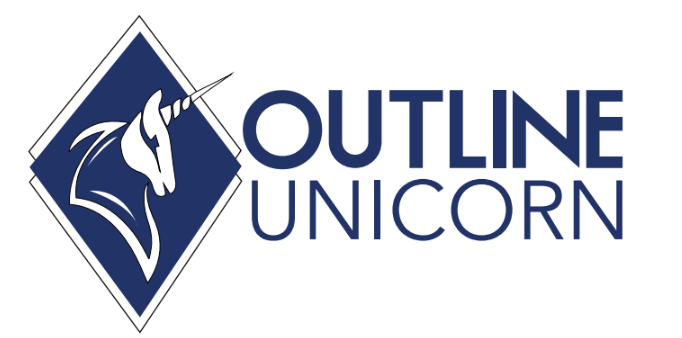Maximizing Profitability: Accounting Best Practices for Construction Companies and Contractors
In the fast-paced world of construction, profitability often hinges on maintaining a firm grip on financial management. For construction companies and contractors alike, understanding and implementing effective accounting practices is crucial for maximizing profitability, minimizing risks, and ensuring your projects run smoothly. Here are some best practices that can help you achieve financial success in the construction industry.
1. Understand the Importance of Accurate Job Costing
Job costing is the backbone of financial success in construction. It involves tracking all costs associated with a specific project, including materials, labor, equipment, and overhead expenses. By implementing precise job costing practices, you can obtain a clear view of a project's profitability.
Ensure that you allocate costs correctly by comparing estimated versus actual expenses regularly. Use advanced accounting software tailored for construction to streamline the cost tracking process and improve accuracy. This practice will allow you to make informed decisions and adjust your approach to optimize profitability.
2. Implement Robust Project Management Tools
Incorporating project management tools into your accounting practices is essential for overseeing multiple projects simultaneously. These tools can help in budgeting, scheduling, and resource allocation while providing real-time financial insights.
Cloud-based project management software can seamlessly integrate with your accounting system, allowing you to track expenses and progress from anywhere. With effective project management, you can reduce downtime, manage cash flow more effectively, and ensure that projects stay on budget—key components in maximizing profitability for construction companies and contractors.
3. Regular Financial Reporting and Analysis
Frequent financial reporting and analysis are critical elements in maintaining profitability. Regularly review your financial statements such as the balance sheet, income statement, and cash flow statement. This practice allows you to assess your financial position accurately and identify any trends or discrepancies in your financial health.
Consider employing key performance indicators (KPIs) specific to the construction industry, such as gross profit margin and return on investment (ROI). Monitoring these metrics will help you understand where adjustments may be necessary, guiding you toward more profitable practices.
4. Adopt Effective Cash Flow Management Strategies
Cash flow management is particularly crucial in construction, where significant expenses can arise unexpectedly. Construction companies often face delays in payments from clients and fluctuating project expenses, making it essential to adopt solid cash flow strategies.
Create cash flow projections based on your project timelines and client payment schedules. Consider negotiating clear payment terms with clients to avoid long payment gaps. Additionally, having a line of credit or working capital reserve can help you cover short-term expenses while waiting for payments. By proactively managing your cash flow, you can minimize financial strain and maximize profits.
5. Utilize Technology for Streamlined Invoicing and Payments
Invoicing and payment processing can be a time-consuming task for construction companies. Automating your invoicing system can help you save time and reduce errors, ensuring faster payments from clients.
Use accounting software that enables you to create and send invoices electronically while tracking payment status in real-time. Implement payment reminders and follow-ups to encourage timely payments from clients. Efficient invoicing and payments can dramatically improve your cash flow and overall profitability.
6. Ensure Compliance with Tax Regulations
Understanding and complying with tax regulations is non-negotiable for construction companies and contractors. Failing to adhere to tax laws can lead to financial penalties and audits that can eat into your profits.
Work with accounting professionals who specialize in construction taxation to ensure compliance with relevant laws and regulations. Stay informed about tax deductions and credits available to your industry; this knowledge can significantly impact your tax liabilities and contribute to overall profitability.
7. Conduct Regular Financial Audits
Frequent financial audits play a vital role in maintaining and maximizing profitability. By regularly reviewing your financial records, you can identify discrepancies, track performance, and ensure compliance with financial regulations.
Financial audits can also help uncover areas where costs can be reduced or revenue can be increased, ultimately leading to enhanced profitability. Establish a routine audit schedule to ensure you remain on track with your financial health.
Maximizing profitability in the construction industry requires attention to detail, strategic planning, and proactive financial management. By implementing best practices in accounting and financial reporting, construction companies and contractors can significantly improve their bottom line.
If you want to take your financial management to the next level, contact Outline Unicorn today! Our expert team in ON, specializes in accounting services tailored for construction companies and contractors, ensuring you implement the best practices necessary to maximize your profitability. Don’t leave your financial health to chance—partner with us to empower your business with the insights and strategies it needs to thrive!
Ready to get started? Schedule your complimentary 30-minute assessment today!
Share This Blog












